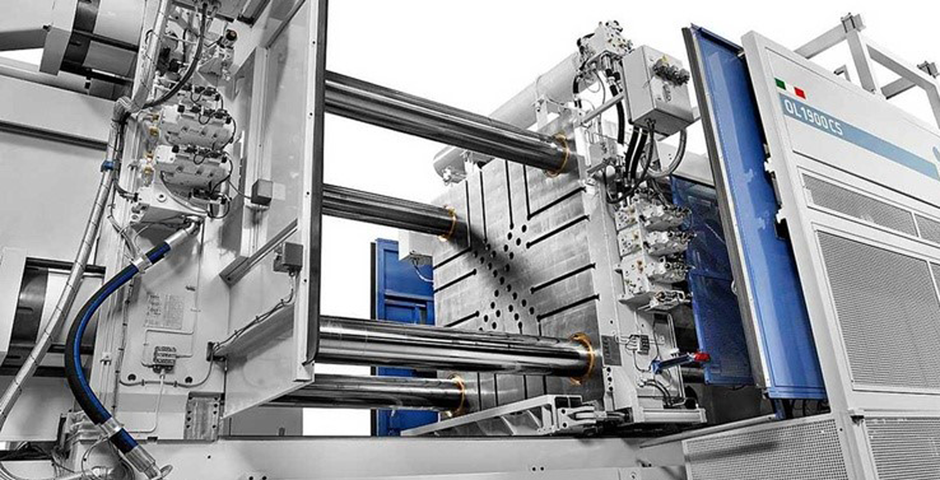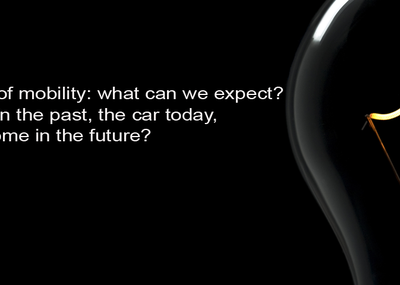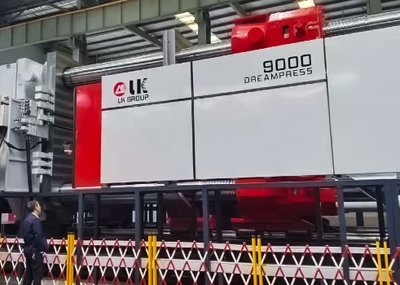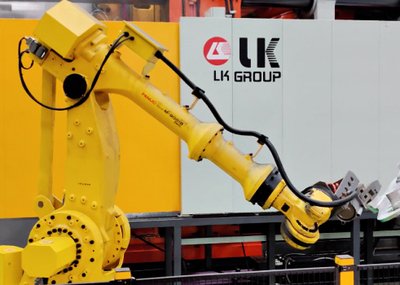In recent months, many automobile OEMs have switched their manufacturing processes to MEGA or GIGA casting, which has significantly reduced the number of parts cast in production.
In so-called mega-giga-casting, gigantically large presses are used to cast entire vehicle parts in just one piece, for which several or even several dozen components normally must be cast and assembled individually.
This practice is used primarily to increase profit margins for manufacturers under the pretext of innovation, easier assembly, and greater competitiveness. However, according to FEDA, it also has negative impacts, both on the environment and on consumers.
The risks are real, according to FEDA, and should be considered when deciding to adopt mega-giga-casting.
The first risk is that mega-giga-casting will strain the companies' budget more, as repairs will be much more expensive on a long-term basis when such a "mega-giga-part" has to be replaced. Consequently, if vehicles are too severely damaged, reparability can no longer be guaranteed.
The second risk is the danger of environmental damage. This leads to the question: Is it ecologically reasonable to cast entire vehicle blocks, which devours much more material and energy costs?
FEDA therefore believes that mega-giga-casting may affect the long-running efforts of companies in bringing more purchasing power to households (liberalisation of spare parts, which was suggested by FEDA and implemented by law), accelerating environmental change in the automotive sector, and promoting the reparability of vehicles.
The FEDA therefore urges the government to assess the risks of the mega-giga-trend and take appropriate measures to ensure that these procedures do not become synonymous with "waste" or "costly repairs" for automobile drivers in the near future.
Source: www.feda.fr








